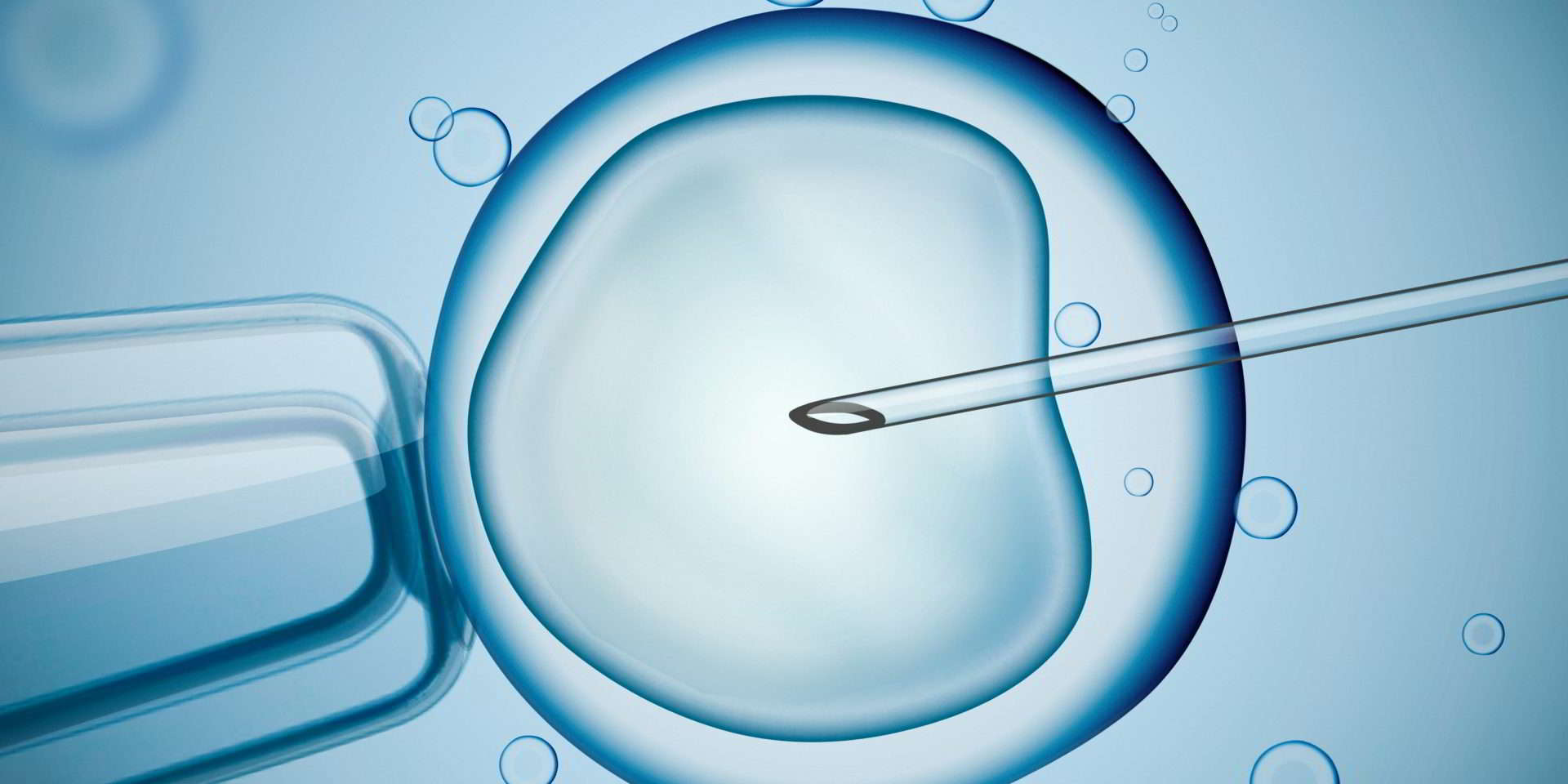ICSI is an Iinfertility treatment in which live sperm is injected directly into a woman’s egg in a laboratory. Such a procedure will result in fertilization. ICSI is a form of IVF. It is usually used when male infertility is a major concern.

ICSI is usually done in case of male infertility. Your doctor will suggest ICSI in the following cases
Eeshan IVF Center offers advanced ICSI treatment for pregnancy, specifically designed for couples facing severe male infertility issues. Intracytoplasmic Sperm Injection (ICSI) is a specialized fertility treatment where a single sperm is injected directly into an egg, significantly increasing the chances of fertilization. This sperm injection for pregnancy is ideal for overcoming challenges such as low sperm count or poor sperm motility.
There are a total of 5 steps involved in completing the ICSI procedure. Let’s discuss them.
Step 1: In this step, the male partner must give his sperm sample in a cup, or sometimes the doctor may retrieve the sperm through surgery.
Step 2: Once retrieved, the semen sample is washed, and a high-quality single sperm is isolated. Through a hollow needle, the sperm is injected into the woman’s egg. It will take around 24 hours for fertilization and embryo creation.
Step 3: The fertilized egg will be kept in the lab for six days. During these days, their growth and development will be monitored. There may be more than one fertilized embryo, but your doctor will pick the healthiest one.
Step 4: Once the embryo has reached a certain level of development, one or two embryos will be transferred to the woman’s womb through the catheter.
There are a total of 5 steps involved in completing the ICSI procedure. Let’s discuss them.
Some congenital disabilities like Angelman syndrome, sex chromosome abnormalities, Beckwith-Wiedemann syndrome and hypospadias are associated with ICSI. Such treatment also increases the chances of fertility issues in male offspring.
In ICSI, only single sperm, good quality sperm, will be injected into the egg outside the laboratory. In IVF, fertilization takes place in a dish where multiple sperm are placed near the matured egg.
It depends from clinic to clinic, their services and infrastructure and other add-on facilities they offer. Usually, the cost varies from Rs. 45000- Rs. 65000 per cycle.
Embryo transfer is done after 2-3 days of fertilization. The patient must remain stress-free, maintain a healthy diet and meditate to calm their body. A relaxed body with a positive mind will improve your chances of conceiving.